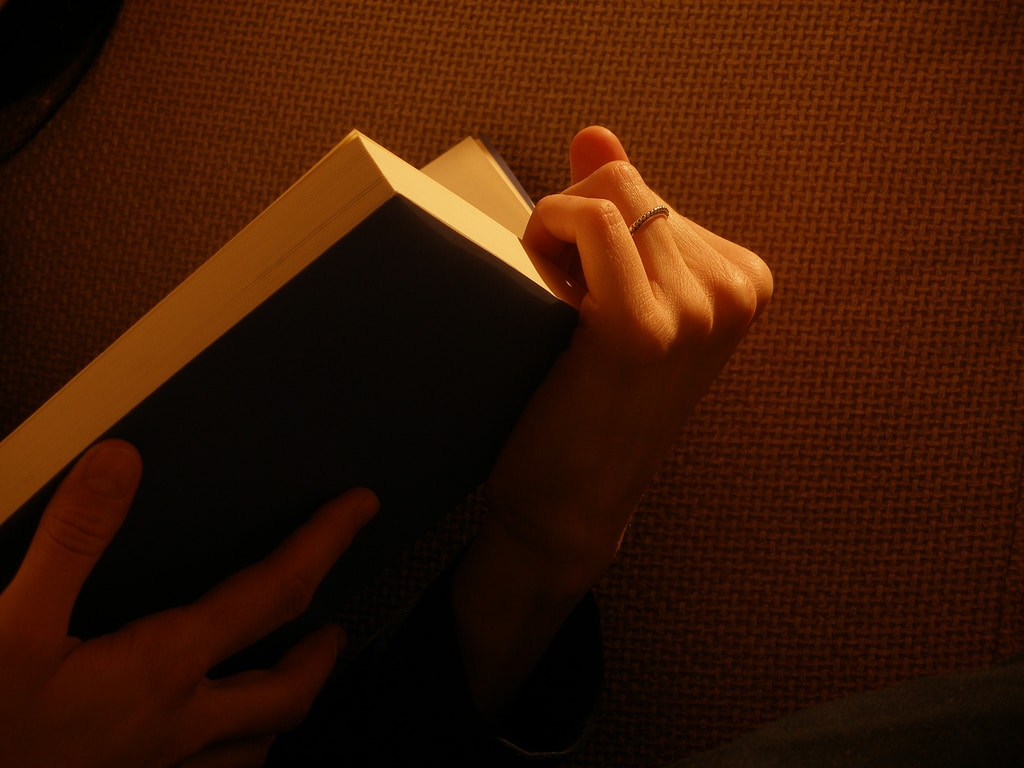
Photo Writing Prompt
Take fifteen minutes to write a paragraph or two based on this photo.

Take fifteen minutes to write a paragraph or two based on this photo.

Writers experience a ridiculous range of emotions throughout the writing process: excitement when a new idea comes along; satisfaction and joy when a work-in-progress is completed; and fear at varying intervals between.
Sadly, for every person reading this post, fear is an issue that must be addressed. It stifles creativity, encourages negativity, and exponentially increases our chances of failure. It’s a toxin that poisons us on a basic, human level. And it’s death to the writing process.

I hate vomiting. It’s scary and unpleasant to expel the contents of your stomach. Also, the feeling that goes along with it should be banned worldwide. But vomiting has taught me an important lesson:
How to write!

Rejection is brutal. I mean, it really hurts.
When someone rejects your guest post pitch or tells you your story needs more work, your eyes well up, your chest compresses, and you have to wait for your vision to clear before you can pick your heart up from the floor. It’s painful.

If you’ve finally managed to carve out a chunk of time to sit down at your computer and write, you don’t want your writing time to be full of interruptions and writer’s block. When I sit down to write, I expect to just write. Here are three ways to be prepared so you’re not getting up every few minutes for something.

I’ve recently read the short story collection – Diaboliad by Mikhail Bulgakov. As with all of his writing, these stories revolve around the fantastical, written in the recognizable Bulgakov style. There’s one common thread in them, though – he’s always referring to a Russian writer, mainly a predecessor.
In the introduction, the English editor explains that it’s the Russian writer’s tradition to pay homage to your predecessors, those that shaped the national literature and your early development.